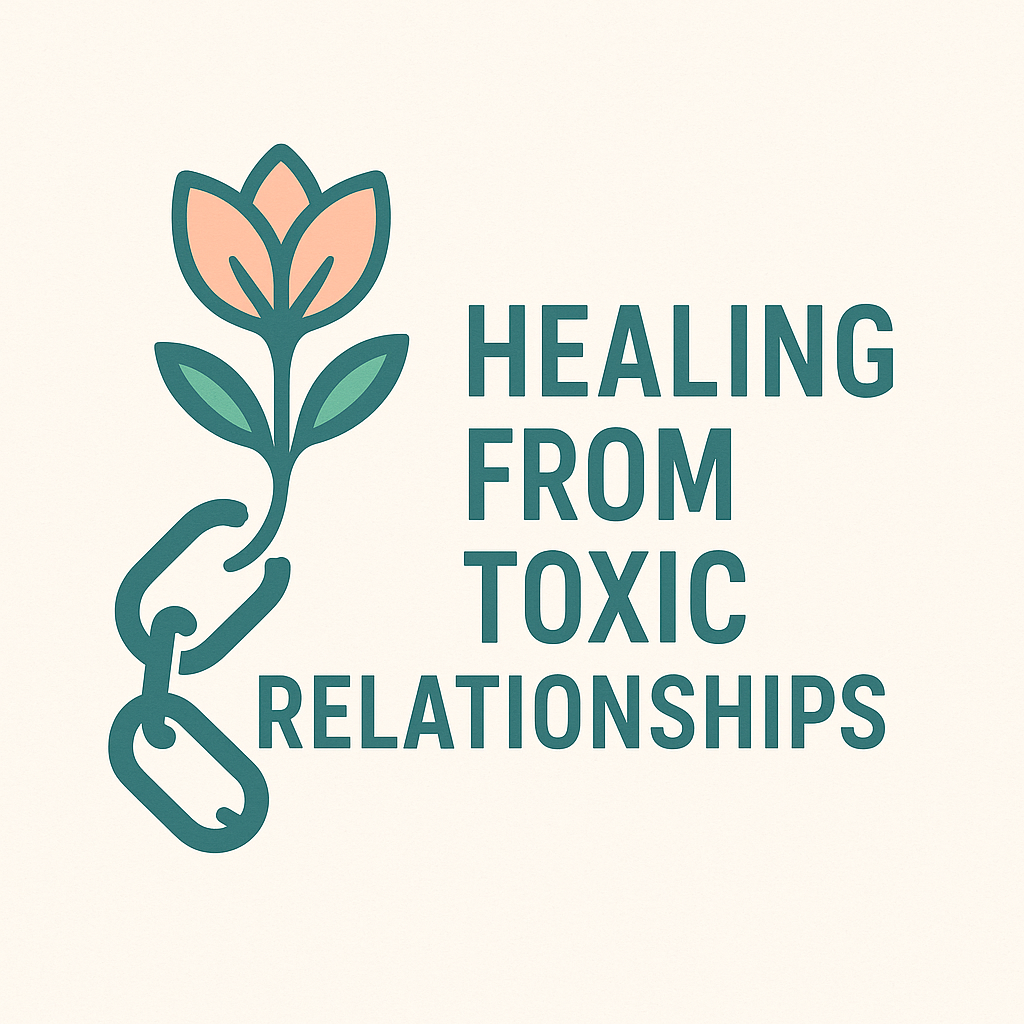But What If I’m the Narc?
Understanding the voice in your head that keeps taking their side
You’ve started to put the pieces together. You’ve seen the gaslighting. The manipulation. The way they twist your words and leave you questioning your own memory. Maybe you even read Narc Abuse 101 and thought, "That’s exactly what I’ve been through."
But then, quietly, another thought creeps in:
What if I’m the narcissist? What if it was all me?
That voice is loud for so many survivors of narcissistic abuse. Especially when the abuse has gone on for years. Especially when it comes from someone you trusted deeply—like a parent, a partner, a child, or someone you looked up to.
This post is for that part of you. The one that’s still unsure. The one that wants to heal but doesn’t know if they’re allowed to.
The Inner Damage of Narcissistic Abuse
Narcissistic abuse isn’t just something that happens to you—it becomes something that happens inside you.
You start to carry their voice in your head. The voice that blames you. That minimizes your pain. That tells you you’re “too much,” “too dramatic,” or “too sensitive.”
Over time, you internalize their judgments. You do the gaslighting for them.
You question your own memory. You invalidate your feelings before anyone else can. You defend them while criticizing yourself.
This is one of the most damaging effects of narcissistic abuse:
You become your own bully, just to survive being close to one.
What If I Reacted Badly Too?
You probably did. That’s normal. You might’ve yelled, shut down, begged, raged, or collapsed into people-pleasing. But here’s the difference:
Survivors react. Narcissistic abusers control.
Survivors break down because their needs are being denied or twisted. Narcissistic people break you down to stay in control. That difference matters.
So many clients I work with say:
"I got angry too, so maybe I was abusive."
"I lost it. I screamed."
"I tried to defend myself but it made things worse."
Of course you got angry. Of course you reacted. When someone constantly denies your reality, the nervous system eventually fights back. That doesn’t make you a narcissist. It means you're human. You were in pain. And likely alone in it.
The Trauma Bond Makes It Worse
One of the reasons survivors doubt themselves is because of the trauma bond. It's that emotional hook that keeps you connected to someone who keeps hurting you.
It's not just emotional. It's chemical.
Your nervous system starts to associate chaos and unpredictability with love. You get caught in a loop where your brain craves their approval just to feel safe, even if they're the one making you feel unsafe in the first place.
Think of it like this. They give you just enough breadcrumbs to keep you coming along. A kind word. An apology. A sweet gesture. And then they disappear. They starve you of affection to punish you. You’re left wondering what you did wrong. And the moment you see those breadcrumbs again, you chase them. You can’t help it.
But it’s been years of this cycle. You're exhausted from it. Starving for secure attachment. For steady kindness. For a connection that doesn’t require you to lose yourself or beg.
That hunger you feel isn’t a flaw. It’s a sign that you're human and worthy of something better.
What Therapy Offers
Therapy isn’t about blaming anyone. It’s about sorting through the mess and giving yourself the chance to hear your voice again.
It’s about having someone sit with you and say,
“I believe you.”
“No, you’re not crazy.”
“Yes, that actually happened.”
In therapy, we slow down the internal storm. We separate your true self from the internalized voice of your abuser. We talk through the guilt. We look at the fear underneath the self-doubt. And we build your capacity to feel safe in your own mind and body again.
You get to learn how to trust yourself. Maybe for the first time.
You Are Not the Narcissist
If you’re reading this and thinking, “But what if I am?” — that alone is a clue that you’re probably not. Actual narcissists don’t lose sleep wondering if they’ve hurt people. They don’t obsess over how to be better.
You do.
You’re here. You’re questioning. You’re trying to heal. That says everything.
